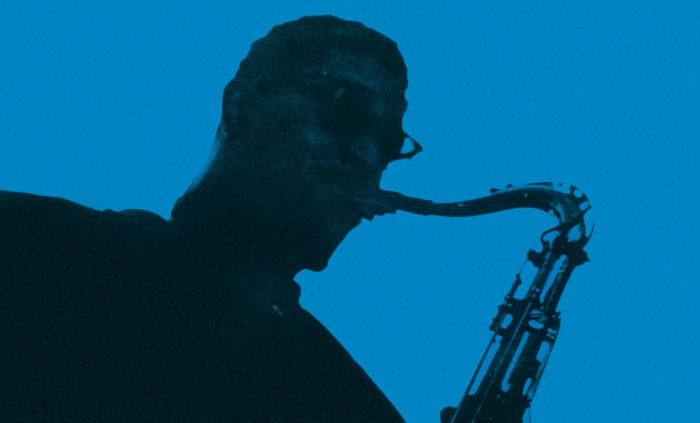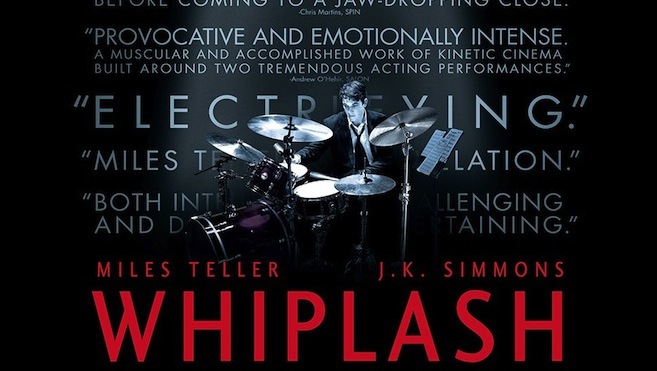
Well the weather has turned to punishing frigidity, those Fall leaves are now dead and dying on the ground, and my recent viewing of Whiplash has sufficiently gotten me back in to jazz again. As a moderate fan of jazz, it tends to work out that once or twice a year I’ll return to this most moodiest of genres for a rather concentrated stretch of a week or two, and more often than not it’ll be during one of the colder months of the year. I’m not exactly sure why jazz seems so well suited for shitty weather, but I’m gonna say it probably has to do with the inherent New York-ness of jazz, as the city harbored pretty much every jazz great despite it’s brutal winters. So since I’m in the proper mood for the time being, I figured I’d talk about a release that I always come back to when revisiting jazz, Sonny Rollins’ Saxophone Colossus, which quite honestly might be my favorite jazz album at this point.
I don’t know a ton about Sonny Rollins as a person, but he’s always struck me as a pretty zen dude, as he eventually studied Eastern philosophy and was known to play his sax alone on the Williamsburg Bridge at night (and thus served as an inspiration for The Simpsons’ Bleeding Gums Murphy). And there is this subtle spirituality to Rollins’ playing, as his songs can often be pretty upbeat, but he never sounds like he’s trying to assault your ears like a lot of his late ‘50s contemporaries would. Then on top of that, there’s just a very melodic and bouncy quality to the way he’d attack the sax, which is exemplified on “St. Thomas”, one of Rollins’ most famous and flat-out funnest tunes.
I also must give props to the great jazz drummer Max Roach, who’s playing on Saxophone Colossus is just as crucial in giving the album its playful strut as anything. Roach makes full use of his drum kit in ways I’m not sure I can fully explain, but basically I’ll just say there’s a lot of clickity-clackin’ that I find utterly delicious. And as a novice drummer, I’m not sure exactly how he integrates these sounds into his sputtering drum fills, but I suppose that’s what makes you one of the greats. Anyways, as I’m writing this I’m starting to see why whenever people talk about ephemeral things that they can’t explain properly they just say “It’s like jazz!” So I’ll just say this album might not quite have the rep of some of the other landmark jazz albums, but it’s well worth checking out. After all, it’s like jazz!
Favorite Tracks: “St. Thomas”, “Strode Rode”, “Moritat”


